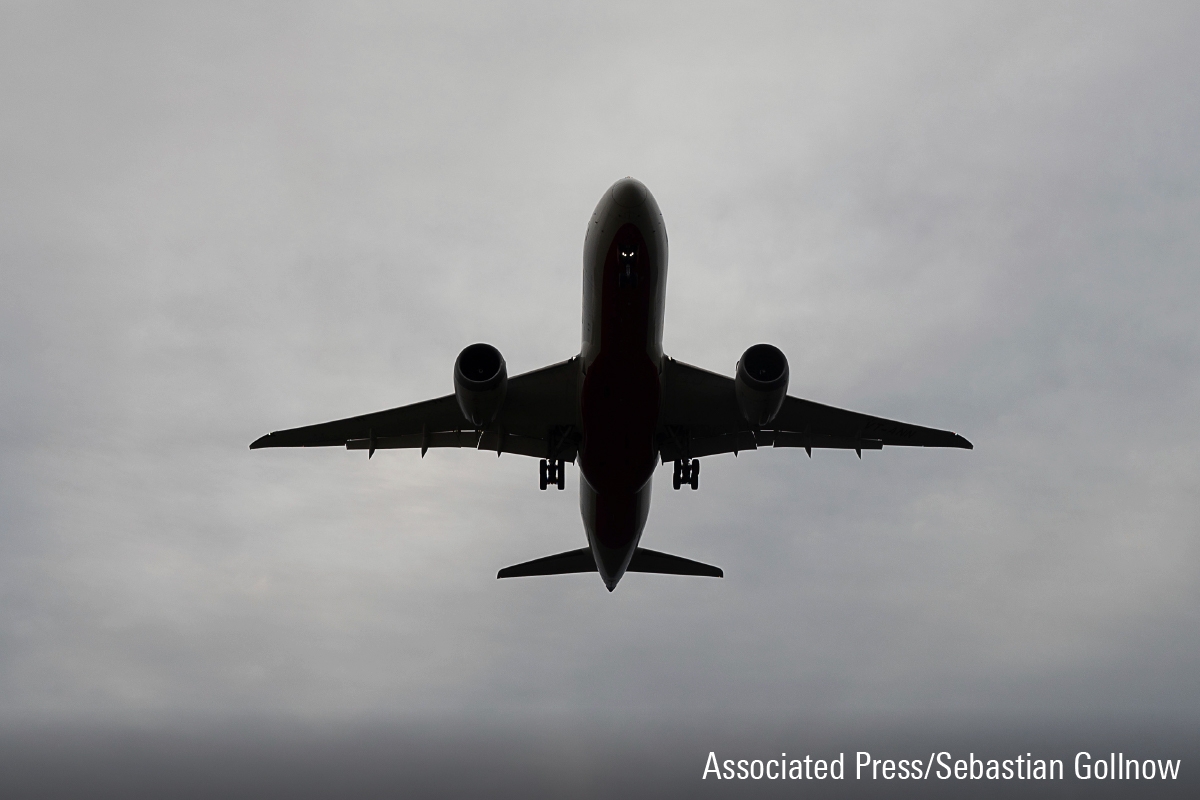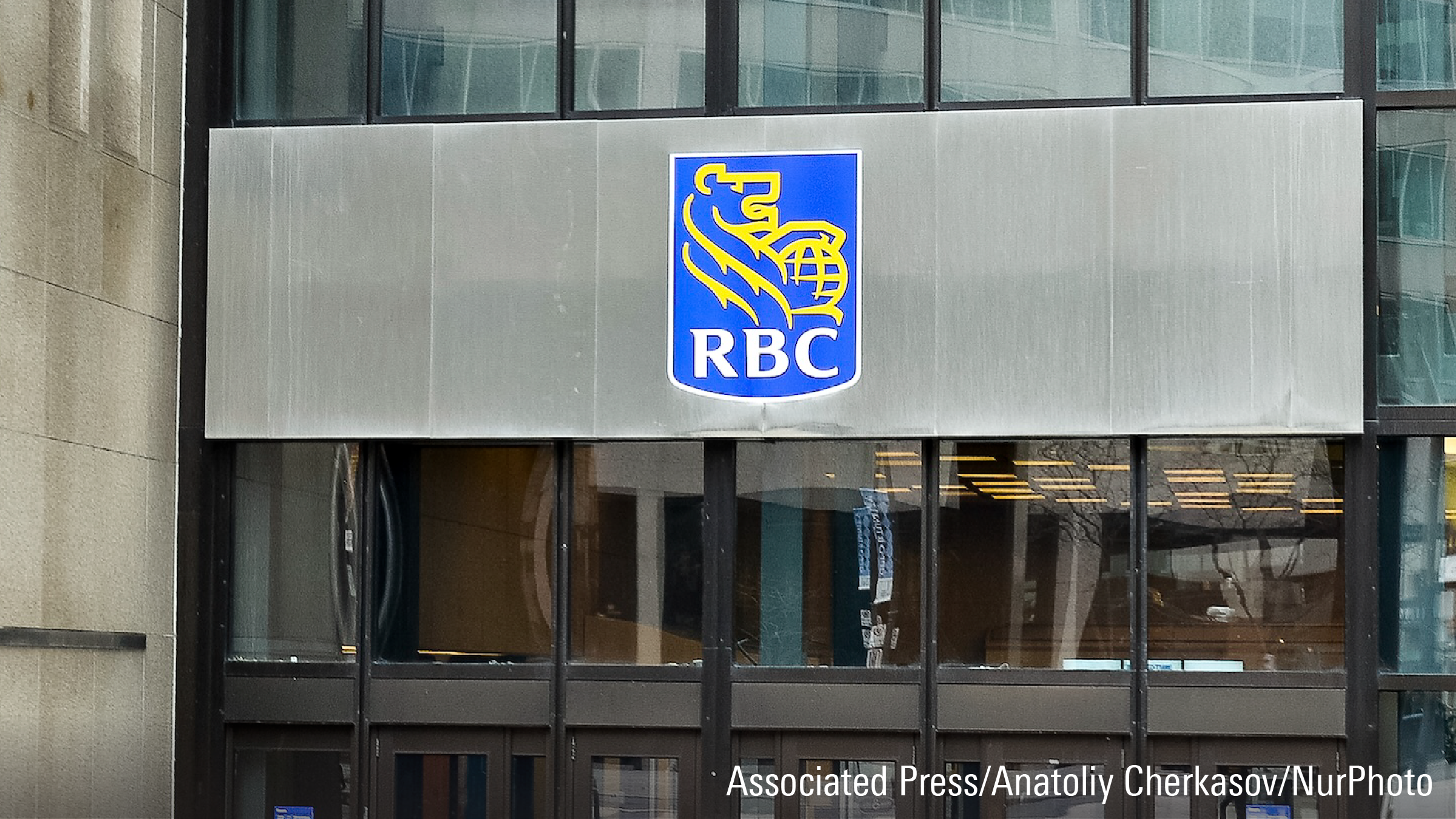
“If you build it, they will come.” This oft-quoted line from the movie Field of Dreams sums up a common belief among some sustainability advocates: If a company offers sustainable products, consumers will buy them. Consumer surveys seem to support this view. In a January 2022 survey conducted by First Insight and the Baker Retailing Center at the Wharton School of the University of Pennsylvania, 72% of consumers said that sustainability is a very or somewhat important purchase consideration.
But intentions and actions are two very different things, a common observation among marketers called the value-action (or attitude-behaviour) gap. This gap refers to the discrepancy observed between what consumers say they want and what they purchase. So, while companies offering more and increasingly sustainable products could be an important initial step, we argue that it doesn’t guarantee a greener future.
It’s instructive to look at the air travel industry, for example. Many around the world can’t afford regular air travel, limiting the industry’s overall global environmental contribution to 2.5% of carbon emissions and 3.5% of all emissions that contribute to climate change. But in the developed world, flying tends to be a major source of emissions. To address this, like most industries, air carriers are looking to achieve net-zero emissions, which means fully balancing greenhouse gases released with those removed from the atmosphere. American Airlines, Southwest Airlines, and United Airlines have all set goals for net zero by 2050.
It won’t be easy to decarbonize. Air travel is crucial. Many of us would shudder to think about the seven days needed to cross the ocean by ship between New York and London versus a comparatively brisk seven-hour flight. But the sheer weight of batteries relative to range makes it unlikely that anything beyond short-haul commuter planes can be electrified anytime soon. And hydrogen as a fuel source, while promising, is decades away. Decarbonizing is inherently more challenging for air travel than other forms of transportation, while its importance guarantees the status quo indefinitely.
To fight climate change in the near term, an increasing number of airlines have begun offering customers the opportunity to purchase carbon offsets with their tickets. A carbon offset is intended to mitigate the climate impact of the flight by funding projects that reduce greenhouse gases by the commensurate amount.
Here’s the rub. For all the enthusiasm consumers are said to have for more sustainable behavior, less than 1% of flyers are purchasing offsets for air travel with their flight. Now, consumers could be mitigating their flights through offsets not sold by the airlines. Perhaps they are buying an offset on their own dime, or through a corporate program for business travel. We doubt it. This leaves quite a noticeable value-action gap between what consumers are saying and what they’re actually buying.
Price and Route, Not Emissions, Are Most Important to Travelers
Indeed, according to airlines’ investor relations teams, price and route remain the two most important factors for customers. Certainly customers appear to consider sustainability, but their willingness to sacrifice other factors remains mild at best. This is in line with a recent McKinsey survey in which air travelers ranked emissions as the sixth most important factor out of nine when booking a flight; price and connections remained the top factors.
Admittedly, carbon offsets are not without their critics. Studies into projects by the Nature Conservancy and accredited by Verra argue that there have been major flaws that limit or even negate the supposed benefit of the carbon offset projects. For example, one investigation found that the Nature Conservancy was selling offsets to trees that were already under protection—essentially money for carbon that was already going to be captured. Unsurprisingly then, only 25% of travel buyers think offset credits are the most impactful efforts by the travel industry, according to the Global Business Travel Association’s 2022 “The State of Sustainability in the Global Business Travel Sector.” So, maybe this awareness is driving the weak appetite for offsets.
Not All Doom and Gloom for Sustainable Air Travel
Nevertheless, notable progress has been made to make air travel more sustainable, and more is on the way. First, aircraft have continually improved on fuel efficiency. For example, the Boeing 777-200ER, first flown in 1996, carries about 300 passengers up to 6,000 nautical miles at about 80 miles per gallon per seat. In comparison, the latest version of the same aircraft, the Boeing 777-9X, first flown in 2020, can carry nearly 400 passengers more than 7,000 nautical miles at nearly 100 miles per gallon per seat. In sum: 30% more passengers and 20% farther at nearly 30% better mileage.
Lower fuel burn means fewer emissions and reduced environmental impact. Unsurprisingly, new aircraft, engines, and modifications continually drive better efficiency. In stark contrast, the auto industry’s gains in fuel efficiency have taken far longer and have largely resulted from government mandate.
Additionally, research into sustainable fuels continues. These have the potential to reduce emissions by 70% or more compared with traditional jet fuel.
Critically, these moves make economic sense for airlines (and thus are an obvious goal for aircraft manufacturers), as improved efficiency can lower fuel costs, which account for roughly 20% of flight operating costs. And sustainable fuel could reduce the volatility of oil prices for airlines as well.
So, while sustainability might not be a primary factor for customer purchase decisions, it is a strategy that could help airlines better compete on the price and route factors that matter, as well as help shelter them from any potential carbon tax. Just don’t expect passengers to bear the cost voluntarily.
Taxes Could Be Enacted and Budget Travel Could Be Hit
Given the meaningful emissions per flight, airlines would appear to be at risk if carbon taxes were enacted. However, our equity research analysts would expect airlines to pass most, if not all, of the taxes to travelers. This is unlikely to affect inelastic business travelers but could meaningfully affect price-sensitive leisure travelers. But while the effect on airline bottom lines would be significant, we think the risk of a carbon tax is low, so the impact on valuation is minimal.
Airline Stocks Look Cheap
Separately, airline stocks have retreated in recent months amid operational struggles and constrained capacity, as well as rising fears of economic recession. As such, even with climate-related environmental, social, and governance risks, we think airline stocks look cheap.
The European airlines under our coverage remain undervalued, with a number of stocks trading in 4- and 5-star territory. The market is looking beyond strong demand that is expected over summer and pricing in risks associated with rising fuel costs and the potential impact of an economic slowdown on air travel demand. We believe there are bargains among well-capitalized low-cost carriers that have a clear medium-term growth trajectory. Our top pick among the airlines is Ryanair, which trades in 4-star territory. Ryanair’s strong balance sheet, favourable hedging position, and proven track record places the airline in a relatively better position given the uncertain outlook.
All of the North American airline stocks under our coverage—Air Canada, American Airlines, Delta Air Lines, Southwest Airlines, and United Airlines—trade in 4-star territory. All companies are seeing strong travel demand, though labour shortages are limiting capacity and weighing on near-term results. In the medium term, we still think that capacity can return to more normal levels as labour needs are met.























